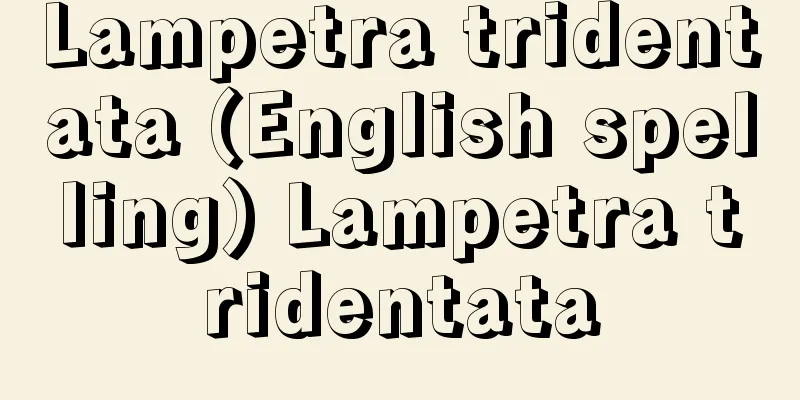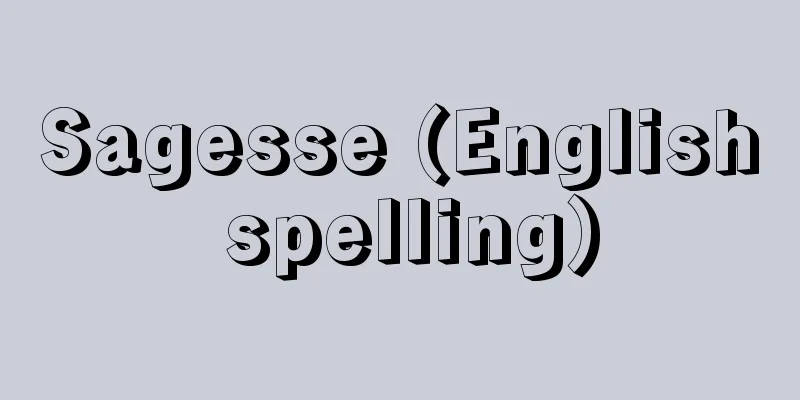Object - Object

|
A noun phrase is a sentence component classified based on its syntactic function. The conditions for a noun phrase to be an object in a sentence vary from language to language. In the traditional classification of English grammar, a sentence is first analyzed as a "subject-predicate" sentence. There are several types of predicates, one of which is "verb-object" analysis. In English, an object is distinguished from other noun phrases in that it comes immediately after the verb and can be the subject of a passive sentence. For example, in 'John killed Mary.', 'Mary' is the object (we could say 'Mary was killed by John.'), but in 'John became a teacher.', 'a teacher' is not the object (we could not say 'A teacher was become by John.'). Traditional grammar also sometimes divides objects into direct objects and indirect objects. Indirect objects, unlike direct objects, can be exchanged with prepositional phrases and are often omitted ('John bought 〔Mary〕 a watch.' = 'John bought a watch 〔for Mary〕.'). In addition, when simply referring to the object, it is customary to refer to the direct object. Objects are sometimes defined as "words that indicate things that are affected by the action or effect of a verb", but this is a property of noun phrases that is defined in relation to the meaning of each verb, and is not a correct definition of objects, which are syntactic concepts. In fact, there are many examples where such semantic definitions do not apply (e.g., 'I know Mary.' 'We enjoyed the movie.'). Objects are also sometimes defined based on morphological features of case endings or prepositions (postpositions), but these correspondences are not necessarily one-to-one. For example, in German, what is recognized as an object is indicated by the accusative case, but the accusative case may not indicate the object. In Japanese, the particle 'wo' that indicates an object can be replaced by 'ga' (' mizu ga no mitai = mizu ga no mitai'). However, it is questionable whether noun phrases with 'wo' in Japanese play a special role in syntax (word order, passivation, etc.), and some people think that there is no need to recognize objects in Japanese. [Susumu Yamada] Source: Shogakukan Encyclopedia Nipponica About Encyclopedia Nipponica Information | Legend |
|
統語上の機能に基づいて分類した文構成要素(名詞句)の一つ。文中の名詞句が目的語であるための条件は、言語によって異なる。英文法の伝統的分類では、文はまず「主語―述語」と分析される。述語にはいくつかの型があるが、その一つは「動詞―目的語」と分析される。英語では、目的語は動詞の直後に位置し、受動文の主語になりうるという点で、他の名詞句と区別される。たとえば、‘John killed Mary.’の‘Mary’は目的語である(‘Mary was killed by John.’といえる)が、‘John became a teacher.’の‘a teacher’は目的語ではない(‘A teacher was become by John.’とはいえない)。伝統文法ではまた、目的語を直接目的語と間接目的語とに分けることがある。間接目的語は直接目的語と異なり、前置詞句と交換でき、しばしば省略可能である(‘John bought 〔Mary〕 a watch.’=‘John bought a watch 〔for Mary〕.’)。なお、単に目的語という場合は、直接目的語をさすのが通例である。 目的語が「動詞の示す動作・作用の影響を受けるものを示す語」と規定されることがあるが、これは個々の動詞の意味と関連して規定される名詞句の性質であって、統語上の概念である目的語の規定としては正しくない。それどころか、こうした意味的規定の当てはまらない例も少なくない(‘I know Mary.’ ‘We enjoyed the movie.’など)。目的語はまた、格語尾ないし前置詞(後置詞)による形態上の特徴に基づいて規定されることもあるが、これらの対応はかならずしも一対一ではない。たとえば、ドイツ語では、目的語と認められるものが対格で示されるが、対格が目的語を示さないこともある。日本語では、目的語を示す助詞「を」が「が」と交替することがある(「水を飲みたい=水が飲みたい」)。ただし、日本語で「を」のつく名詞句が統語上特別の役割を担う(語順、受動化の可否など)かどうかは疑問であって、日本語に目的語を認める必要はないという考えもある。 [山田 進] 出典 小学館 日本大百科全書(ニッポニカ)日本大百科全書(ニッポニカ)について 情報 | 凡例 |
<<: Special purpose tax/ordinary tax - mokutekizei futsuzei
Recommend
Symbole - Symbol
...Humans' limited memory can only produce a ...
Carole
...Examples include the everyday, common people&#...
Leather
armor Armor of Bills Sane The act of binding toge...
Geléitgelder
...The general term for these tolls was customs d...
Souveräne Diktatur (English spelling) Souverane Diktatur
...The reason why a dictatorship is a dictatorshi...
Commander
...For example, it refers to the entrustment of a...
Lake Hachirogata [town] - Hachirogata
A town in Minamiakita County, western Akita Prefec...
Thecodontia
…One of the advanced reptiles of the Diapsida (su...
Geometric Directionality
… Laser devices themselves have a mechanism for i...
Islamic Fundamental Movement
...In response, dissatisfaction with the politica...
Shadbolt, M.
…These include Janet Frame (1924-, best known for...
Leave of absence - leave of absence
...(c) refers to cases where an employee is engag...
broccoli
Nutrition and Function It is native to the Medite...
Potosi (English spelling)
The capital of Potosi Department, in the southwest...
Basion
…The central point of the upper edge of the exter...









